Public Economy and Economic Freedom
Verejná ekonomika a ekonomická sloboda
Keywords: public economy
short report on workshop
More...Keywords: public economy
short report on workshop
More...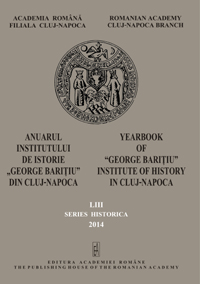
Keywords: sistem electoral; partid politic; alegeri; Parlament; Tangentopoli; Mani Pulite
Prezentul articol relevă transformările suferite de sistemul politic şi electoral din Italia, precum şi modificările în structura partidelor induse de acesta. Este analizat în detaliu climatul politic italian din anii 1992-1993, când sistemul de partid trecea printr-un proces traumatizant de descompunere şi de redefinire. Principala metodă de cercetare utilizată este analiza de document.
More...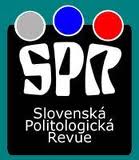
Keywords: right-wing extremism; youth; Slovakia; young generation; minorities
The missions of this publication is the fact that it complements the theme wich is highly current in Slovakia at present. It draws attention to the fact that the political extremism is inherently touching the young generation, therefore the attention of the state should focus just on this generation. As the authors point out, the theme of the relationship of the political extremism and youth can be examined not only by the quantitative empirical methods, but the attention should also be drawn to the circumstances which can be found out just be means of the just by means of the qualitative procedures.
More...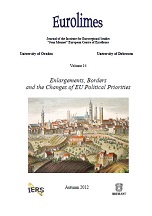
Review of: ***, Ways to improve efficiency for transborder cooperation on the new Eastern border of EU. Geopolitics of Ukraine: History and Modern Times. Uzhgorod, 2012.
More...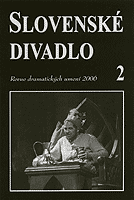

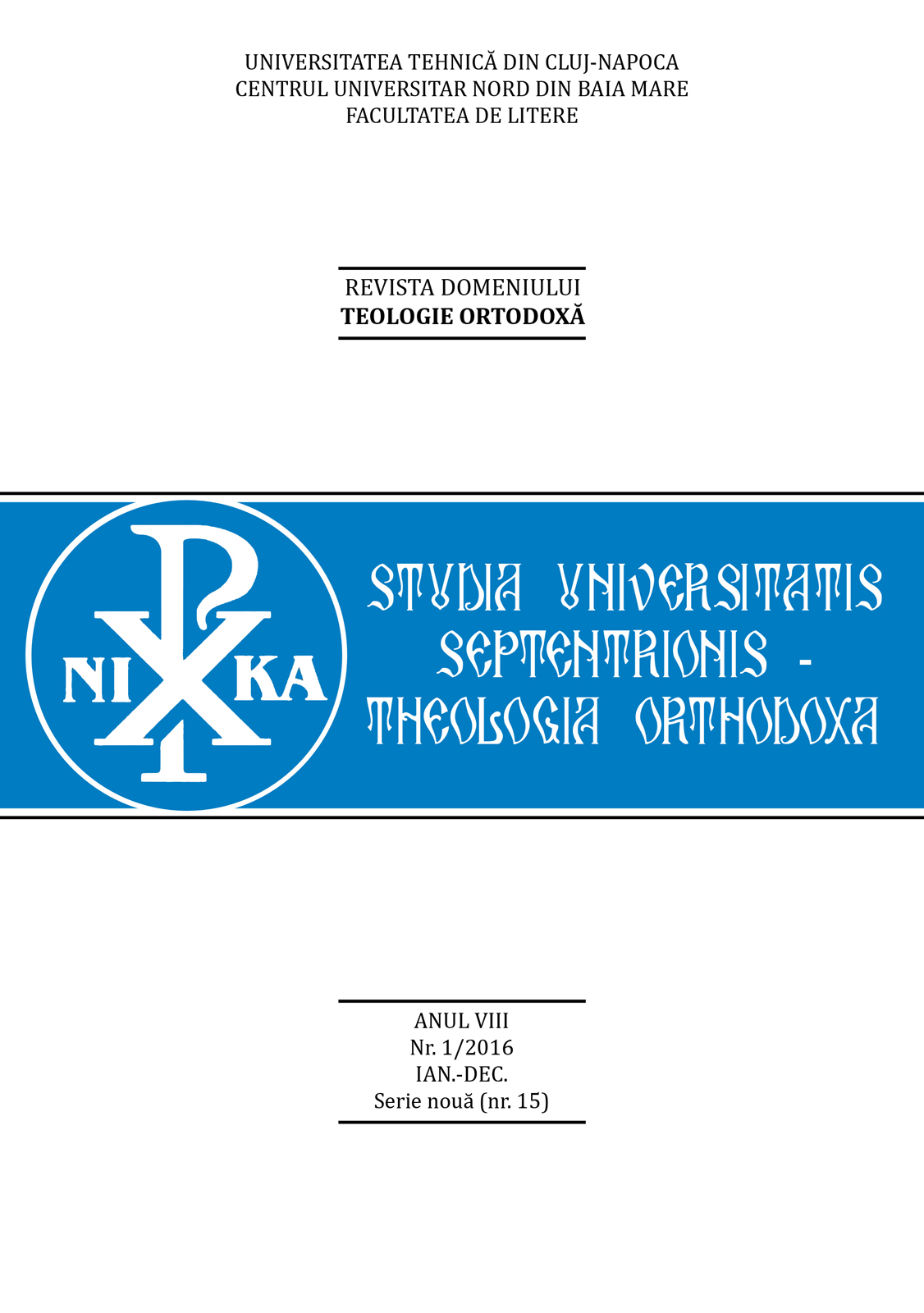
Keywords: Ordinance; canon; celebration; Holy Liturgy; Sacrament; Eucharist;
The present study highlights the fact that the canonic ordinances refering to the celebration of the Holy Liturgy are extremely complex and the Church has always focused on the service when bread and wine are transformed in the Body and the Blood of God turned into man for the world’s salvation. Starting from the analysis and interpretation of a series of Canons, we will discuss the most important aspects concerning the celebration of the Holy Liturgy: the officiator of the Holy Liturgy, liturgical books, the substances used at the Holy Eucharist, the place used for celebrating the Holy Liturgy, the celebration of the Liturgy in the presence of heretics, the fasting and food abstinence of the Liturgy officiators, the clergyman and the restriction imposed by defrocking and the participation at the Holy Liturgy.
More...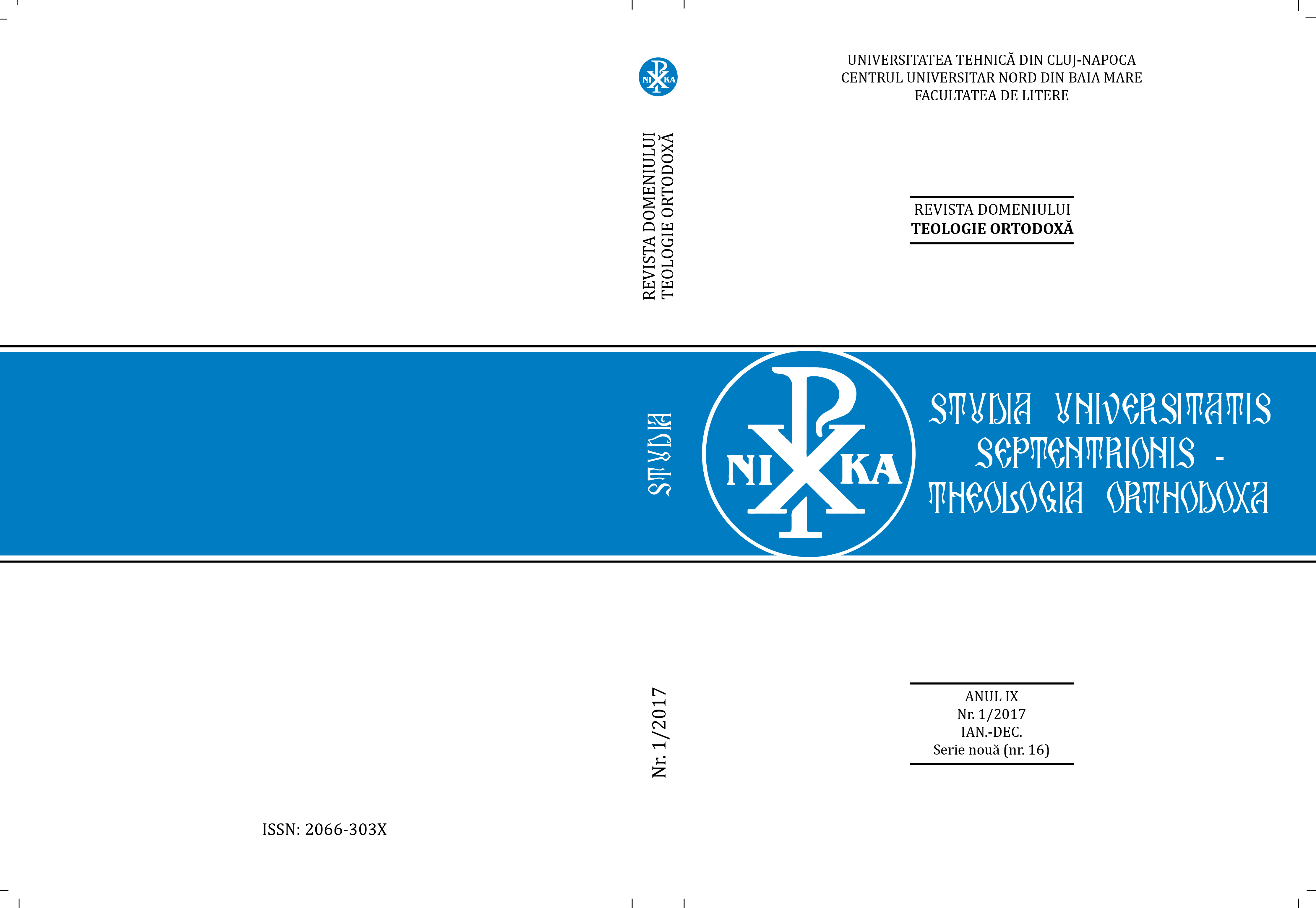
Keywords: Ordinance; canon; church hyerarchy; clergy; social life; sin;
Canon laws regarding clerics. The present study analyses a series of canon laws from the Orthodox Church which establish the criteria by which the church hyerarchy or the clergy fulfill their holy mission of leading the believers on the path of redemption. Thus, the study presents canonic laws concerned with: the involvement of clerics in political activities, the punishments for clerics' sins, incompatible activities with priesthood and with the social life of clerics.
More...Nedávno som v tomto časopise publikoval stať s názvom Poznámky o jazyku a ideálnych znakoch (Organon F 8 , 2001, č . 3 , 314 -322) .
More...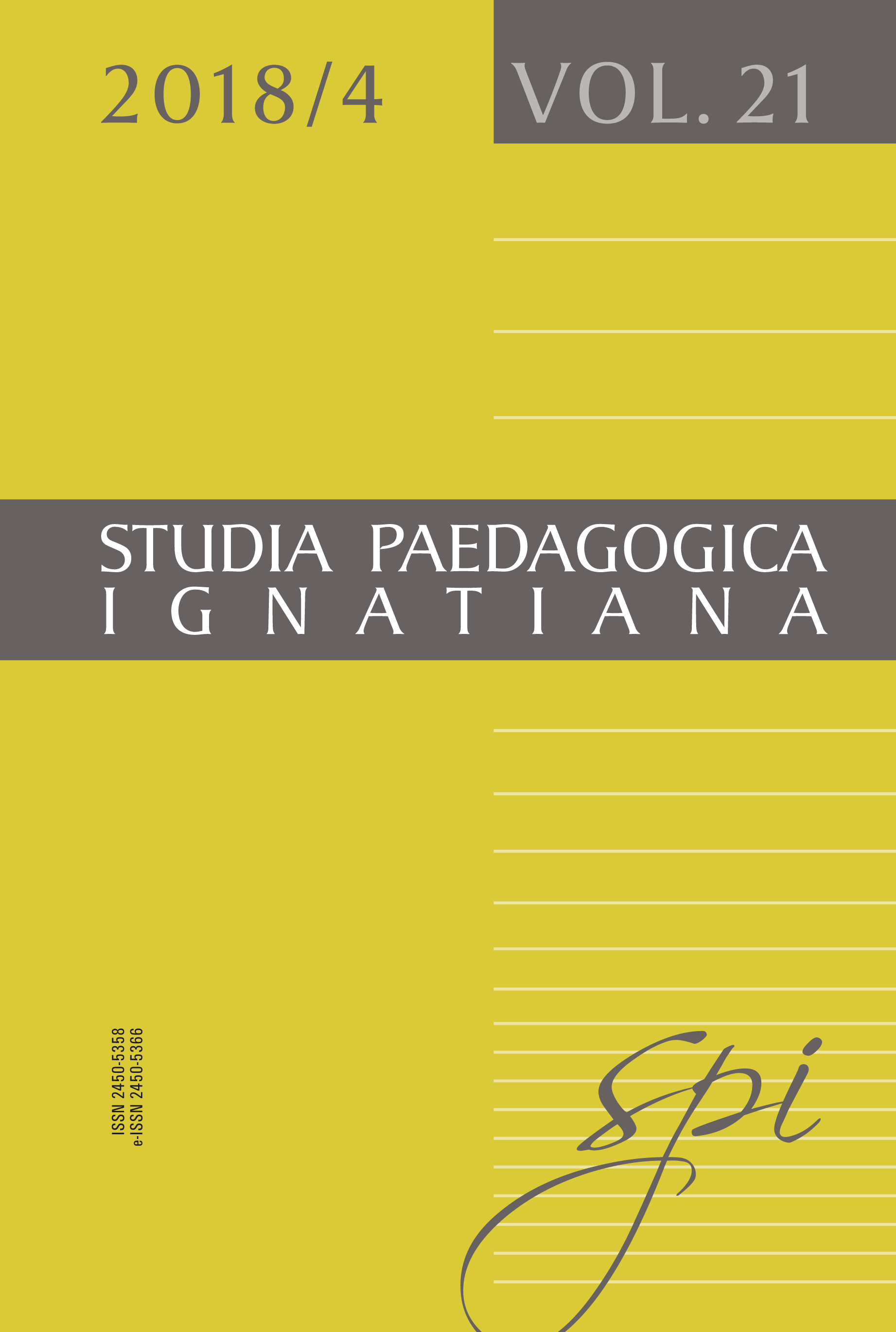
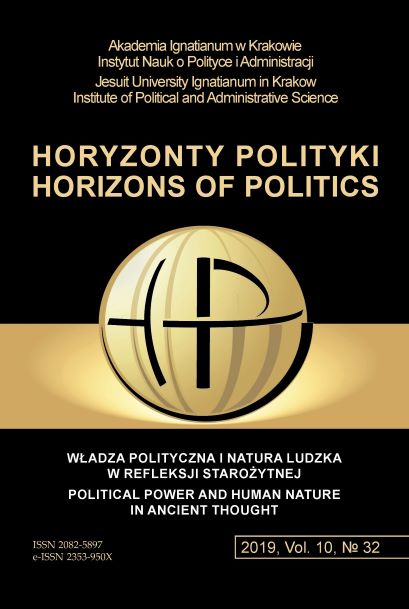
Keywords: decentralization; post-industrial era; labour markets; collective agreements; work;
RESEARCH OBJECTIVE: There is a need to adopt to new demands and new methods of work. New labour patterns such as: freedom, autonomy and work flexibility versus full time employment is the one of the most important problems of the 21st century. THE RESEARCH PROBLEM AND METHODS: Diagnosis and prognostics presented in the first part of the paper what has to be done to cope with the economic grand challenge and develop directives of manpower policy. THE PROCESS OF ARGUMENTATION: Fundamental responsibility for continuously meeting employees’ needs for skills is the major obligation of governments which should encourage labour-management social dialogue in order to guarantee in collective agreements “individual right to training.” He points out basis obligations of the managing state authorities to concentrate on needs of older employees. RESEARCH RESULTS: The world must take the looming threats to free, public and democratic access to education very seriously. Assertiveness and pervasiveness of the result among social partners supported by the political constellation at the governmental level should the most important ambition among all members of the society, young and old, progressive and conservative. CONCLUSIONS, INNOVATIONS, AND RECOMMENDATIONS: Collective agreements and pension rights based on the concept of taxation of all professional active citizens may help people to believe they will sustain due to the fact that humans empathy and wisdom cannot be replicated by machines.
More...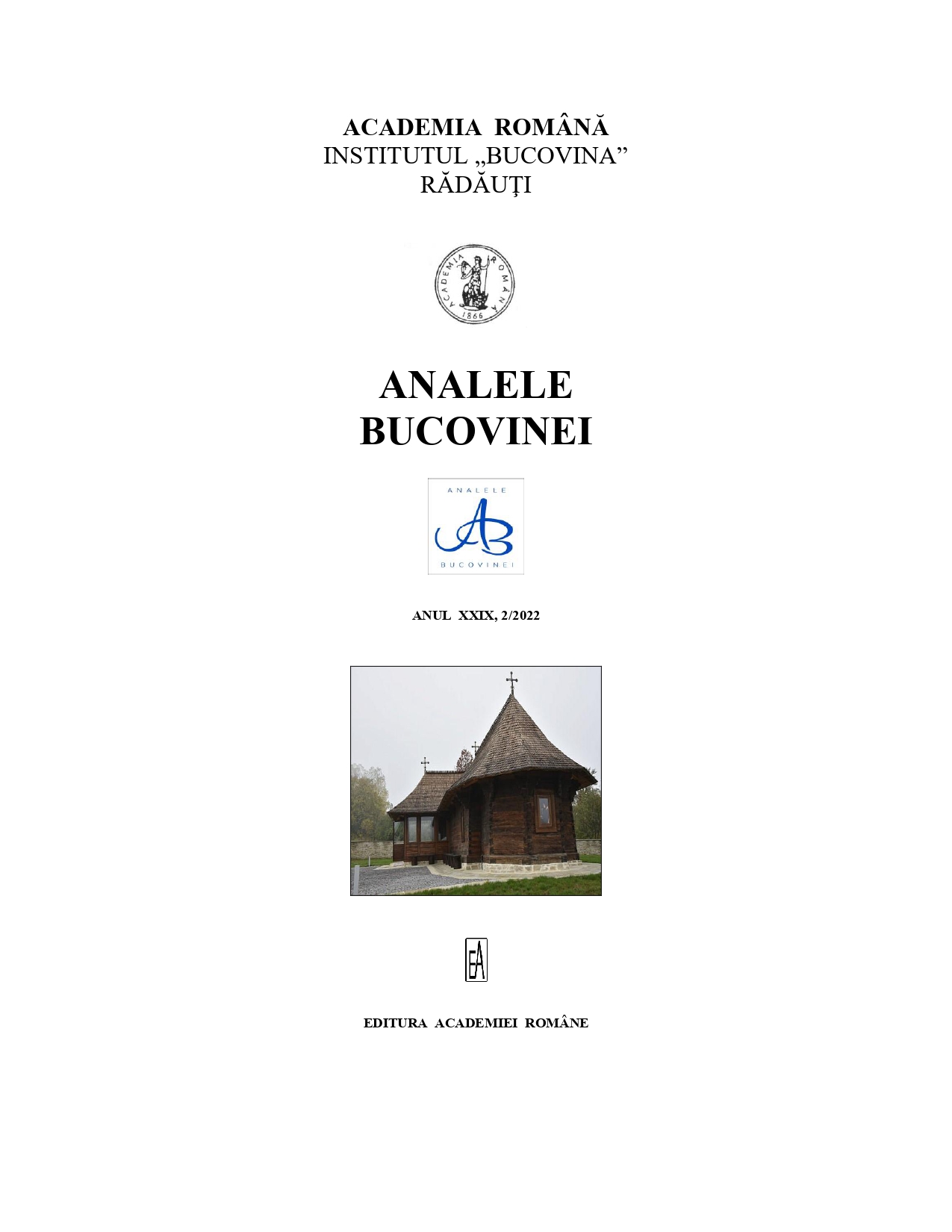
Keywords: Elena Niculiță-Voronca; folklore collection; bibliographical notes; „Analele Academiei Române”; „Familia”; „Junimea literară”; „Privitorul”; „Sămănătorul”; „Șezătoarea”;
In the main table of contents that “Junimea literară” (Chernivtsi, the first series, 1904–1914) publishes in the first years, there is a section entitled “Folcloristică” (1905), then “Folclor” (1906) and “Folklor” (1907), where there are mentioned well-known names at the time: Sim. Fl. Marian, Dimitrie Dan, I. G. Sbiera, Elena Niculiță-Voronca, Artur Gorovei, but also many unknown people in this field of folklore. Since 1908, this section hadn’t been in the contents anymore and the explanation for giving it up is, undoubtedly, related to the premature loss of Sim. Fl. Marian, the editorial board of the magazine thus recognizing that he was the only one who, by his own signature and valuable folklore materials, actually gave meaning to this section. Changing its entitlings through numerous and valuable published writings that it comprised, the section offered its readers (between 1904 and 1907) an appropriate image about the folkloristic activity of the time in Bukovina. In 1903, in Chernivtsi appears the volume Datinile și credințele poporului român adunate și așezate în ordine mitologică written by Elena Niculiță-Voronca. Surprinsingly, there is almost nothing written about it in the pages of “Junimea literară”. It is only at the beginning of 1905 that it is mentioned, in fact, as a literature volume for youth, Zece povești scoase din cartea Datinile și credințele poporului român in the author’s publishing house (Mihalcea, Chernivtsi, 1905, p. 75). The distinguished folklorist is worth being recognized rather for continuing writing didactic literature for youth. What are the possible explanations for this ignorance/misunderstanding in her native town, in Chernivtsi, of the editorial appearance of an author considered “one of the most important leaders and most prolific authors when speaking about folklore?” Especially when the author desired to be awarded with an Academy prize? Her very writing in the only literary magazine of the moment in Bukovina is “discreet” in comparison with the above assessment. I also asked myself to what extend the press of the time (from Bukovina and from Romania too, in which Elena Niculiță-Voronca published more constantly) could clear up through possible articles about the book and on how the appearance of this monumental volume was received, or on the contrary, if by not by promoting the book she did not contribute to the unfortunate fate that until recently had followed the collection of the author from Bukovina.
More...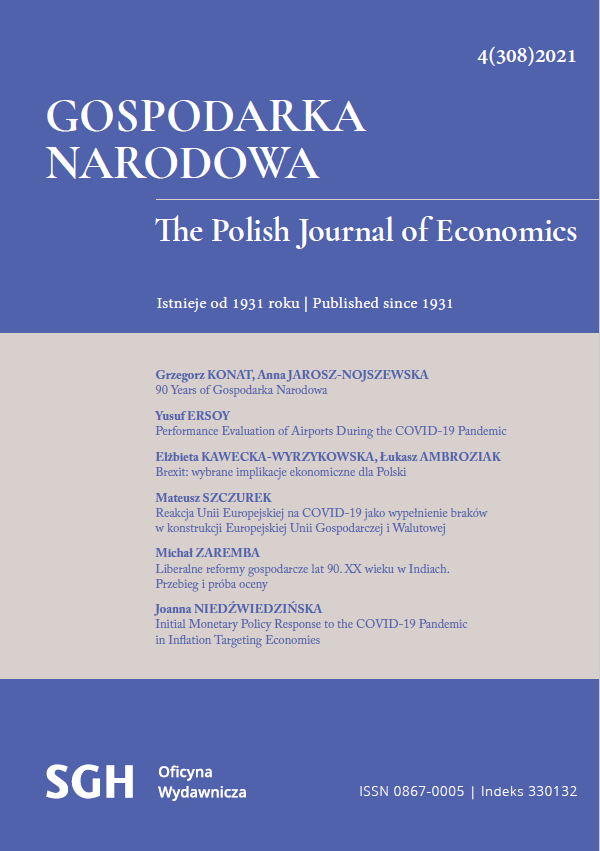
Keywords: COVID-19; cash flow; corporate investment; financial constraints; pVAR
The aim of this paper is to verify the theory of the balance sheet channel among Polish listed companies, especially during the COVID-19 pandemic period. This objective was achieved by examining the relationship between cash flow and investment, based on an Emerging Markets Information Services (EMIS) database covering companies listed on the Warsaw Stock Exchange, including the bourse’s alternative NewConnect market, and using panel econometric models (pooled OLS, Fixed Effect Model, Random Effect Model and Panel VAR). It has been established that there are no grounds to reject the hypotheses that investment is positively associated with the cash flow of Polish listed companies and that the relationship between investment and cash flow is particularly strong for financially constrained companies. This means that there is evidence in support of the balance sheet channel theories. The hypothesis that the relationship between cash flow and investment is especially strong for financially constrained companies during the COVID-19‑induced recession has been rejected. The main novelty of the paper is that the balance sheet channel theory was verified for Polish listed companies, with a particular emphasis on the COVID-19 pandemic period.
More...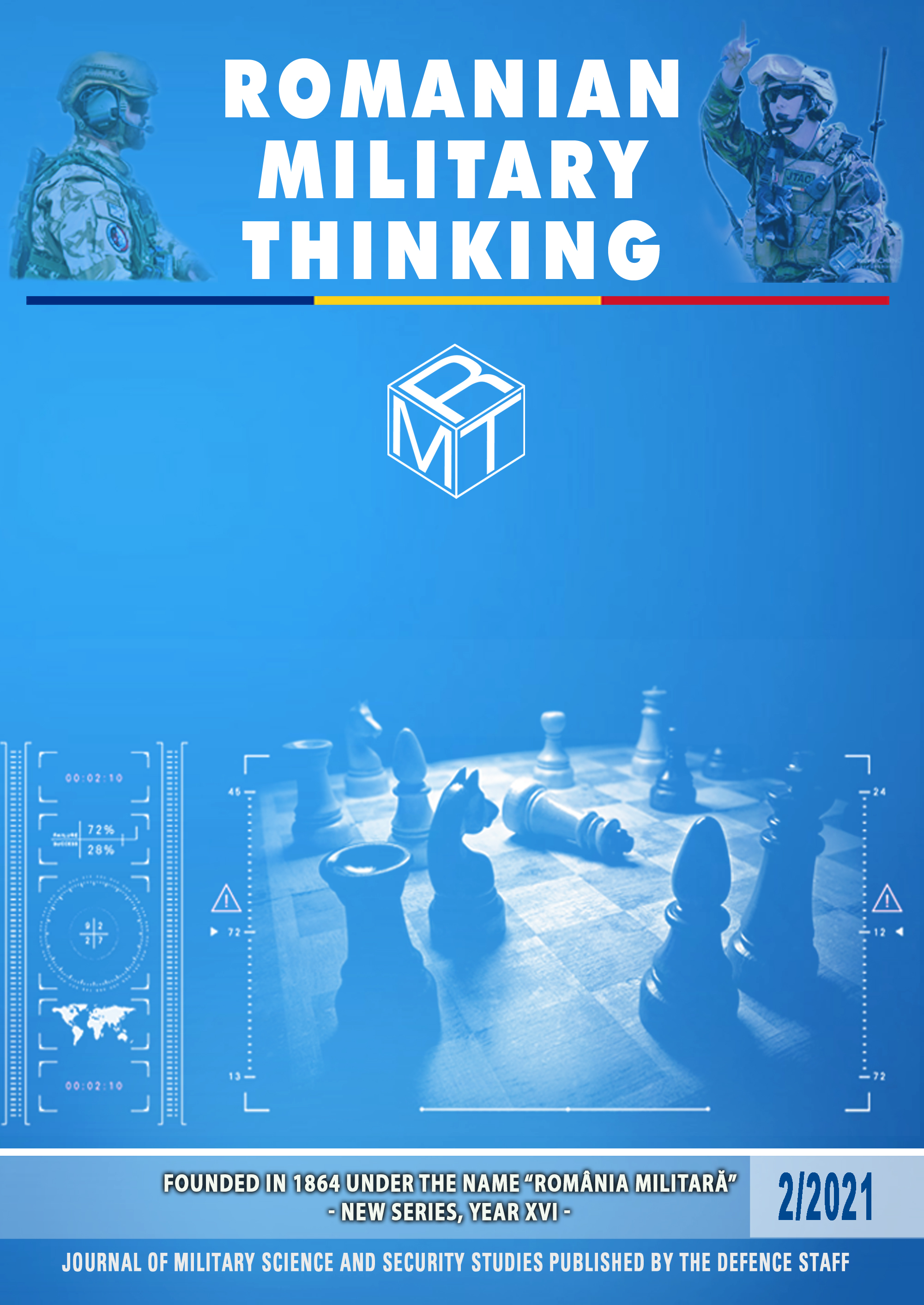
Keywords: culture; organisation; efficiency; aeronautical safety; operational processes;
In the society we live in culture tends to become an abstraction, but the elements created in a social and organisational context that derive from culture are extremely important. If we do not understand how to manage these elements, which are in a complex and dynamic system, such as in the aeronautical system, then we will become their victim. Cultures have an impressive ability to create cohesion, performance and identity. They provide rules that allow diversity, regardless of its nature, to coexist. All organisations have a culture, and that of an aeronautical organisation must achieve maximum efficiency in risk conditions. Knowing the influences of each subculture helps reduce risks, and costs, and improves the organisation’s efficiency and air safety. This paper aims to present the main cultures, and the link between them, within an aeronautical system and, at the same time, to help raise awareness of the importance of understanding the cultural elements in order to improve efficiency during operational processes.
More...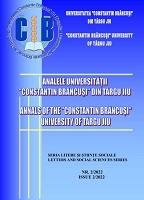
Keywords: organizational cultures; society; culture; behaviour;
CULTURE IS THE WAY OF THINKING AND ACTING, IT IS A SYSTEM OF ATTITUDES, VALUES, IDEAS, BEHAVIORS AND INSTITUTIONS. CULTURE IS A WAY OF HUMANIZING MAN, OF HUMANITY, IN THE PROCESS OF ACQUIRING QUALITIES THAT ARE NOT FOUND IN NATURE AND THAT ARISE FROM THE TRANSFORMATION OF THE BIOLOGICAL EXISTENCE FORMS OF MAN INTO SOCIO-CULTURAL EXISTENCE. THE MECHANISM THAT ENSURES THIS ORGANIZATION IS THE INSTITUTIONALIZATION, FORMALIZATION AND STANDARDIZATION OF HUMAN RELATIONS AND THE BEHAVIOR OF INDIVIDUALS WITHOUT WHICH A SOCIETY CANNOT EXIST. IN AN ORGANIZATION, CULTURE IS THE MAJOR DETERMINANT NECESSARY FOR ITS FUNCTIONING AND OBTAINING THE NECESSARY SKILLS FOR EVOLUTION. THIS ARTICLE PRESENTS A CRITICAL VISION ON THE ORGANIZATIONAL CULTURE OF COMPANIES OF ITS POWERFUL MEANING IN THE ORGANIZATION, DEVELOPMENT AND PROGRESS OF ANY KIND OF SOCIETY. ORGANIZATIONAL CULTURE IS AN INTRINSIC PART OF HUMAN INTRINSIC RESOURCE MANAGEMENT. THE RISE OF THEORETICAL CONCERNS AND PRAGMATIC APPROACHES REGARDING ORGANIZATIONAL CULTURE LEAD TO A NEW VISION OF HUMAN RESOURCES IN THE MODERN ORGANIZATION AND TO A NEW TYPE OF MANAGEMENT.
More...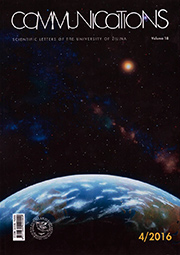
Keywords: code ranging; combinatorial algorithm; observation errors; positional norm;
Gauss-Jacobi combinatorial algorithm is a very useful method to adjust code ranging of global navigation satellite observations to find the systematic errors caused by radio waves passing through the atmosphere. The method is used as alternative adjustment technique to the least square method. While, the least square adjustment requires the linearization of nonlinear functions, combinatorial approach seems to be simplier in direct processing the nonlinear models. The diagnostics of observation errors consists in comparison of an evaluated partial positional norm determined in the partial mathematical models with the global one determine by robust estimation.
More...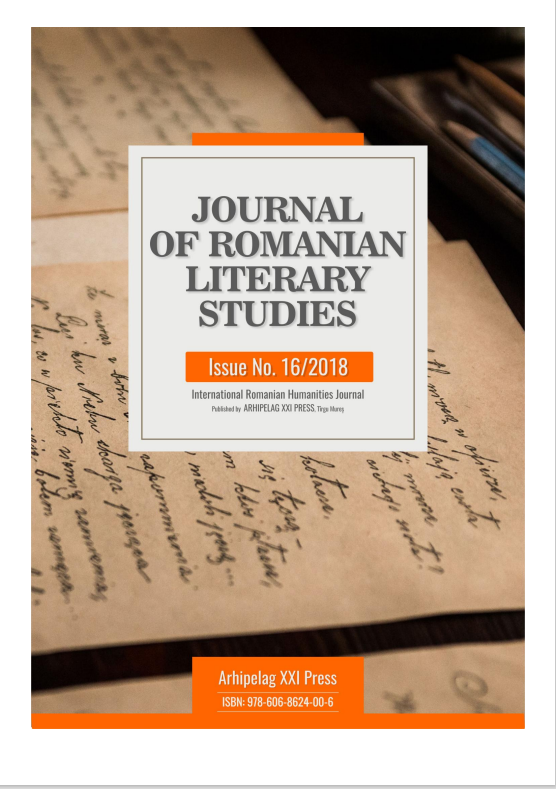
Keywords: ambiguity; invention; symbol; escape; lucidity;
The present study presents the way in which two symbols acquire special meanings in the work of Dumitru Tepeneag. The world of Dumitru Tepeneag’s books describes a fixed reality as a mirror held by a master in an ingenious narrative technique. Gifted with demiurgical force, passed through the literary experiences of the New Roman, the writer outlines boundless worlds, being aware of the capacity of the word revealed by the language of the dream. Self-productive writing becomes the mirror in which the novelist deliberately deconstructs his own identity, having the protector vocation of transvestite and camouflage in the manner of aesthetic onirism. As a metaphor of punishment, the daily is crossed by fish and eagles that cross this aberrant world.
More...Keywords: book review; Ceobanu C.; Cucoş C.; Istrate, O.; Pânişoară I.; Digital Education;
Book Review Ceobanu, C., Cucoş, C., Istrate, O., & Pânişoară, I.-O. (Eds.) - Educaţia Digitală (II ed.) [Digital Education], Iaşi, Polirom, 2022.
More...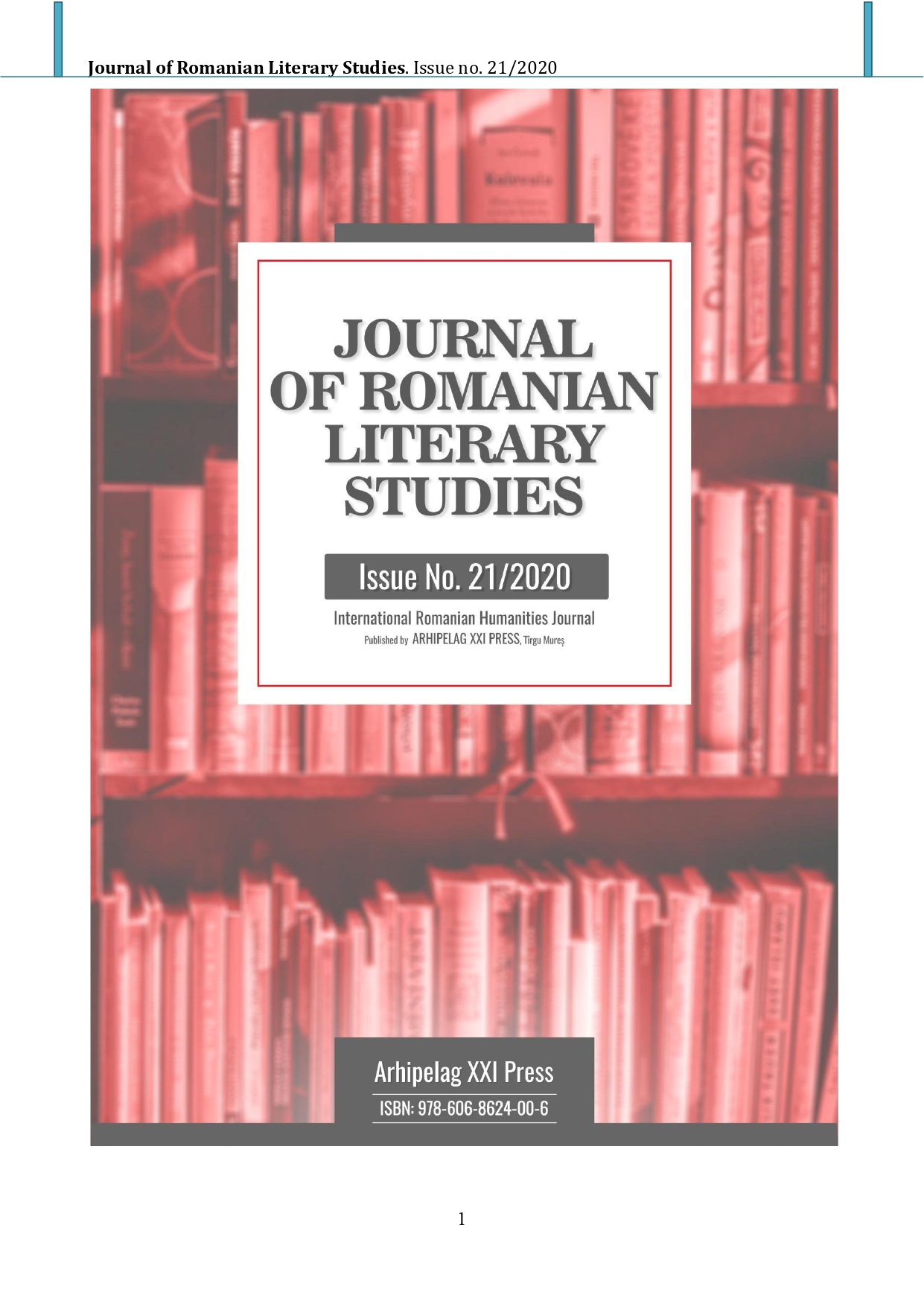
Keywords: proletcultism; poetry; working class; country; party;
The proletarian phenomenon represents the manifestation of the class struggle and the hostility in the field of culture. It is the cause of the degradation of art and culture. „Proletcultism” is a word that belongs to the Soviet vocabulary that presents the emergence of a new culture in which the „interests and aspirations of the proletariat” are purseud. Proletcultism is a cultural current whose agreeable ideas were restricted to the idea of forming a „ purely proletarian” culture, which rejects all the cultural legacy of the past, stating that it is not useful to the people. The lyric is set to serve the political objectives of the time, coming out its meaning, narrating paintings from the communist struggle or deeds of work, presenting them as models of politico-social behavior, and the poet’s feelings and connections with the world being suppressed. Alexandru Andrițoiu was: „a new poet of new times”, lyrically capturing the pulse of a revolutionary era. The praise is addressed to the people, the working class, the party, the country and the supreme leader. Socialist realism requires the poet to really highlight his revolutionary progress. The poet uses the poetical orientation given by the revolutionary activity, whose catchword is the controlled soul testimony: „I am a communist!”. The theme, simple and rigid at the same time, from his poems was the result of the imperative according to which literary writings had to be created „on the language and meaning of the people”.
More...